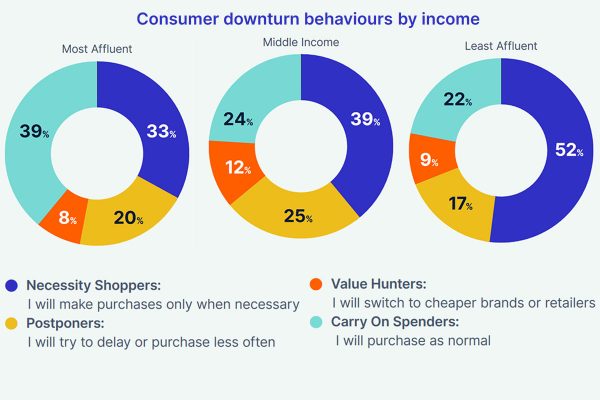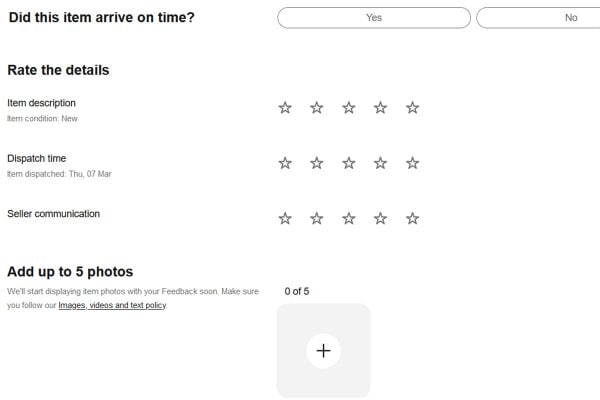The Office for National Statistics (ONS) has reported that UK inflation rose 2.9% last month in May up from 2.7% in April. The Bank of England target for inflation is 2%, so obviously the inflation number is going in the wrong direction and pundits expect inflation to grow in the months to come.
What’s driving the trend? The weakness of sterling on international markets since last year’s June BREXIT vote is the key driving force with the increase in import costs being crucial. Interestingly, video games are cited as a key import here driving up inflation. Overseas holidays too have become more expensive: that’s a big single annual line item for many families. In terms of basic imports, the increasing costs of sugar, jam, confectionery and children’s clothing have pushed up inflation in the food and apparel sectors.
The upward trend of imports and pricing is mirrored by a stagnation in wages and household incomes that’s hardly new. The up in prices was 2.9% but the increase in pay was only 2.1% in the first quarter (that excludes bonuses). So spending power is down. In particular, pubic sector workers haven’t seen much of a filip in wages since 2010. With inflation up and wages stagnant, this could be a troubling cocktail as 2017 progresses for marketplace sellers.
If you’re buying your products in from abroad, you’ll doubtless have already noticed the squeeze. Importing is more expensive. But combined with flat incomes it means you’ll be legitimately tempted to raise prices whilst shoppers are looking for bargains.
Since the advent of ecommerce in the UK, these feel like the most troubled times. As ecommerce put down roots from about 1998 through to 2006, the British economy was really rather rosy and access to consumer credit was easy and the supply plentiful. After 2007, times were tough but ongoing low interest rates, low unemployment and steady sterling meant that not much changed really. But it looks like 2017 my be the year where that changes and belts really do start to be tightened.
Prime Minister Theresa May has said that her minority Tory government has learnt a lesson and will see the end of so-called austerity. And the details of the DUP deal to keep the Conservatives in power are yet to be fully revealed. So it is possible that the inflation challenge may wane in the face of income increases. But that’s all speculation. As it stands these are uncertain times.
What does it look like where you are and the sectors in which you trade in? Are you having problems with import prices and buyer spending power? Would inflation over 3% cause you greater headaches?










6 Responses
Another consequence of the very bad-for-business Brexit shambles. Thank God the British people saw through that idiot of a woman who sought to lead us off a cliff and destroy our economy.
Bloody bankers and their bonuses!
Also, Tories, grrrrr!
A weaker pound works well for me – most of my sales are exports.
The weaker pound is better for my exports is wearing a bit thin now, we import just about everything. When the pound dropped first their was an uplift for stock previous bought in.
The main effect will be less disposable income for myself it is less money for parents to spend on their kids.
Again suits the bigger companies who can discount more to keep volume up, those WHO avoid VAT and the likes of Amazon
House Food and Gas/electric (cartel) comes first for most families.
However if the customer is “Savvy” and wants to still get a bargain GO direct it is that simple, we have had a small uplift with direct sales as we are so much better priced than on a market like eBay or Amazon.